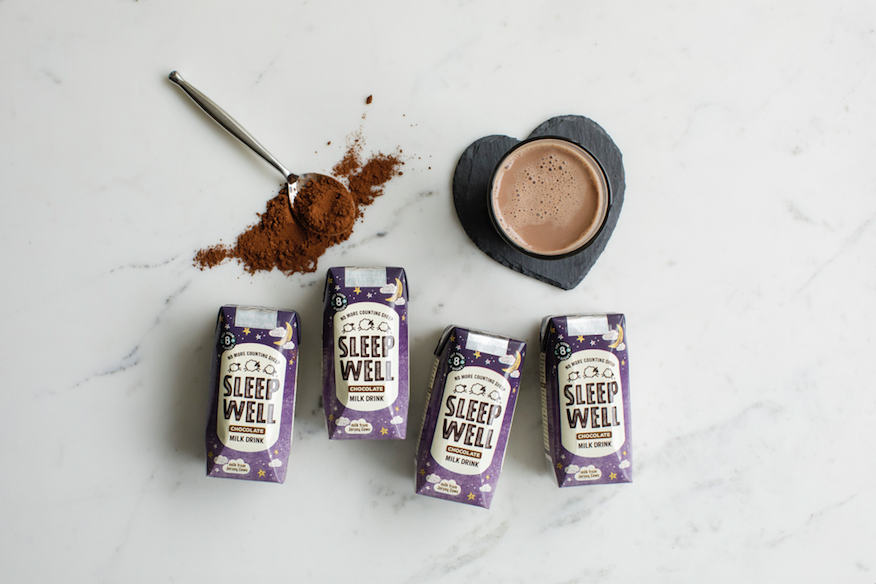Why we yawn - an exposé

Yawning is a contagious and uncontrollable urge that we all get multiple times a day (and sometimes at the most inconvenient of times, like in important meetings or a yoga class). So we investigated where this strange yet common bodily function comes from.
Different theories about the million-dollar question: Why do we yawn?
One of the oldest, and still most popular, theories is that yawning is a sign of tiredness and changing conditions within our bodies. We do yawn throughout the day, but mostly at night. This is your body's way of telling you that it's time to wind down. Similarly, when we wake up, are tired, bored or even hungry, the act of yawning comes up when our bodies go through changes during the day.
Another common theory is that we yawn when our lungs have not filled up with enough air because of boredom and/or tiredness. Yawning, therefore, helps your body absorb more oxygen to improve blood flow and circulation whilst decreasing carbon dioxide. This theory is supported by the fact that we are prone to yawn more when in a group.
Hearing, seeing or even thinking of yawning can trigger you to yawn. You are also more likely to yawn amongst your closest friends and family. HuffPost Science reported that "researchers discovered that the closer you are to someone genetically or emotionally, the more likely it is that you'll ‘catch' their yawn." This would also support the hypothesis that the possibility is greater for you to yawn due to empathy and emotional connections with others.
Another recent study suggests that we yawn to cool down our brains. This theory is tested by the fact that we are more likely to yawn in a situation where our brains are working harder. For instance, the brain's temperature is influenced by the amount and time information is processed. In other words, we yawn to be more proactive, effective and think more clearly.
So, next time you yawn, revel in it, because your body is either getting you ready for bed, helping you to get more oxygen into your bloodstream or helping you to control your temperature.



